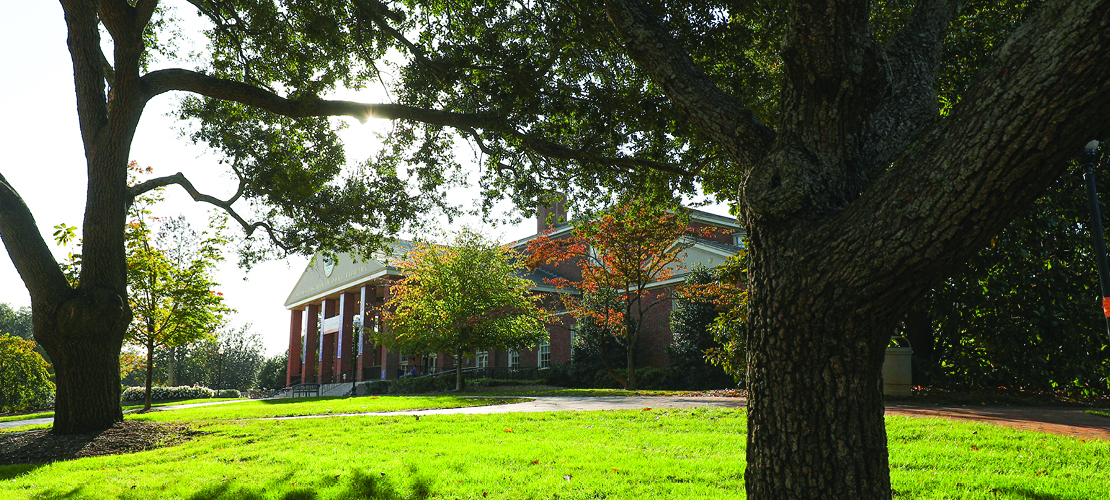International Open Access Week
October 22 – 28, 2012
You’re not able to access some of the articles you want to read online because many scholarly journals are available only to subscribers. Journal subscriptions – especially in science, technology, and medicine – can cost thousands of dollars each year, and some cost more than $20,000. Your library pays for many of these subscriptions (with support in part from your tuition) and some universities actually spend millions of dollars annually on journals – but they still can’t afford access to everything their students and faculty need.
There’s an alternative to the closed, subscription access model: Open Access. Open Access is free, unrestricted access on the Internet to the same type of high-quality, peer-reviewed scholarship that is available by subscription. Authors can make their articles openly accessible by publishing in an open-access journal or posting copies of their articles on an open Web site or repository after they’ve been published in a traditional journal.
With Open Access, the costs of publishing an article are covered by other sources – with sponsorships, publication fees, advertising, or a wide variety of possible combinations – so that everyone in the world can read the latest research online without paying an access fee. You can find two repositories of Open Access journals in our All Databases list: Directory of Open Access Journals and Public Library of Science (PLOS).
Open Access Week, a global event now entering its sixth year, is an opportunity for the academic and research community to continue to learn about the potential benefits of Open Access, to share what they’ve learned with colleagues, and to help inspire wider participation in helping to make Open Access a new norm in scholarship and research.
Special Event
Open Access: Blazing Trails through the Scholarly Communication Landscape
Tuesday, October 23, 2012
11:30am – 1:00pm
Plyler – Patrick Lecture Hall
Join Molly Keener, Scholarly Communication Librarian, Wake Forest University, for a discussion of the various routes scholars follow to Open Access; how institutions, funding agencies and professional organizations are responding to calls for broader access; and, opportunities for Open Access participation in the liberal arts.
Lunch will be provided for those who register to attend.
You can find out more about Open Access by visiting: http://libguides.furman.edu/openaccess



